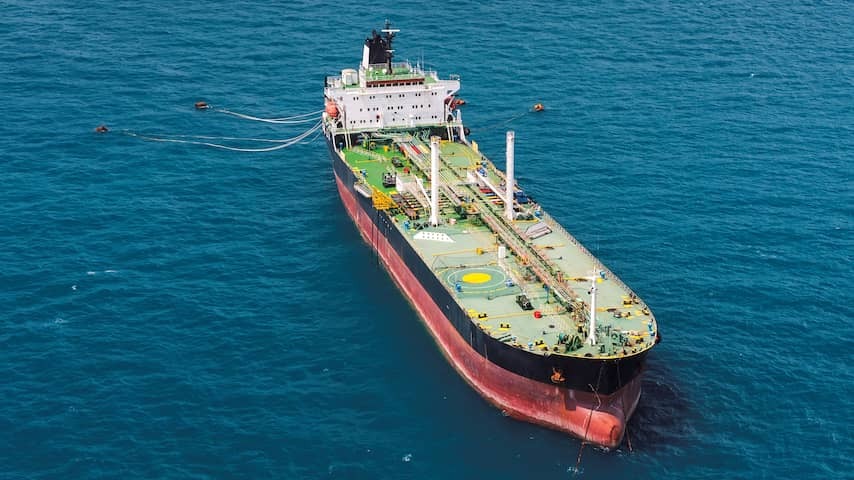
The trading prices for oil and gas have fallen sharply on Tuesday due to the cautious ceasefire between Israel and Iran. This happens after a sharp increase in recent days, when the conflict threatened to escalate.
The price of a barrel of North Sea oil fell to around $68.50 (59 euros) on Tuesday, while that amount fluctuated around 77 euros for much of Monday. American oil also became less expensive.
The gas price went the same way. Traders are paying around 36 euros for a megawatt hour of natural gas on Tuesday afternoon, where that was still more than 40 euros on Monday. This meant a decrease of more than 10 percent.
The reason the prices have been fluctuating so much in recent days is because a lot of gas and oil comes from the Middle East. And more importantly: it is often transported via the Strait of Hormuz. This is a narrow waterway between Iran and Oman.
It was feared that Iran would close that strait in retaliation for the attacks by Israel and the US. And that would have major consequences for the availability of oil and gas, because about 20 percent of it is transported via the Strait of Hormuz.
Blockade Strait of Hormuz would have major consequences
“If Iran had done that, we would get an oil price of 100 dollars or more per barrel. That would really be an economic escalation of the conflict,” says ING economist Bert Colijn. “You would especially notice that at the pump.” In addition, gas prices would rise.
If Iran had been able to maintain that blockade for a long time, the damage would not have been limited to higher pump prices and a high energy bill, Colijn believes. “Goods will then also become more expensive, due to higher transport costs.”
So it hasn’t come to that. At least not yet. Because despite the ceasefire, both parties accuse each other of carrying out shelling again.